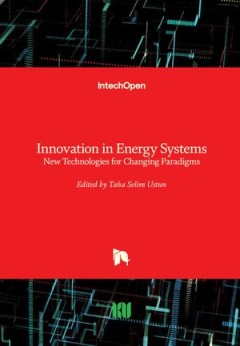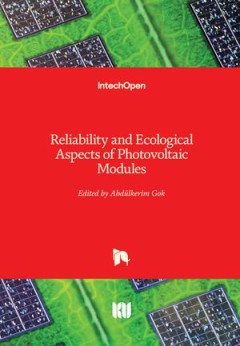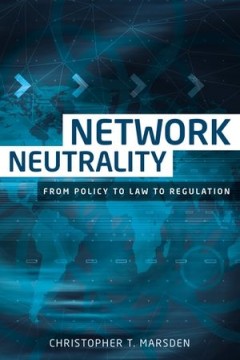Filter by

Learning from Fukushima: Nuclear power in East Asia
Learning from Fukushima began as a project to respond in a helpful way to the March 2011 triple disaster (earthquake, tsunami, and nuclear meltdown) in north-eastern Japan. It evolved into a collaborative and comprehensive investigation of whether nuclear power was a realistic energy option for East Asia, especially for the 10 member-countries of ASEAN, none of which currently has an operationa…
- Edition
- -
- ISBN/ISSN
- 9781760461393
- Collation
- -
- Series Title
- -
- Call Number
- -

Innovation in Energy Systems: New Technologies for Changing Paradigms
It has been a little over a century since the inception of interconnected networks and little has changed in the way that they are operated. Demand-supply balance methods, protection schemes, business models for electric power companies, and future development considerations have remained the same until very recently. Distributed generators, storage devices, and electric vehicles have become wi…
- Edition
- -
- ISBN/ISSN
- 9781789841077
- Collation
- -
- Series Title
- -
- Call Number
- -

Building a Sustainable and Desirable Economy-in-Society-in-Nature
The world has changed dramatically. We no longer live in a world relatively empty of humans and their artifacts. We now live in the “Anthropocene,” era in a full world where humans are dramatically altering our ecological life-support system. Our traditional economic concepts and models were developed in an empty world. If we are to create sustainable prosperity, if we seek “improved huma…
- Edition
- -
- ISBN/ISSN
- 9781921862045
- Collation
- -
- Series Title
- -
- Call Number
- -

Advanced Statistical Modeling, Forecasting, and Fault Detection in Renewable …
Fault detection, control, and forecasting have a vital role in renewable energy systems (Photovoltaics (PV) and wind turbines (WTs)) to improve their productivity, ef?ciency, and safety, and to avoid expensive maintenance. For instance, the main crucial and challenging issue in solar and wind energy production is the volatility of intermittent power generation due mainly to weather conditions. …
- Edition
- -
- ISBN/ISSN
- 9781838800918
- Collation
- -
- Series Title
- -
- Call Number
- -
 Computer Science, Information & General Works
Computer Science, Information & General Works  Philosophy & Psychology
Philosophy & Psychology  Religion
Religion  Social Sciences
Social Sciences  Language
Language  Pure Science
Pure Science  Applied Sciences
Applied Sciences  Art & Recreation
Art & Recreation  Literature
Literature  History & Geography
History & Geography